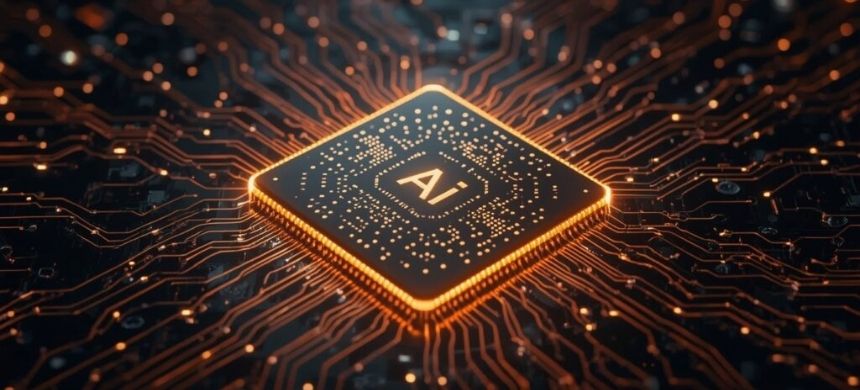From Silicon Valley to Shenzhen, 2025 is emerging as a pivotal year for AI chips. As generative AI and massive data workloads increase, companies are investing heavily in processors designed to power future intelligence.
AI is now central to cloud computing, edge devices, and data centers, moving beyond niche applications. Semiconductor firms predict that AI chip sales will surge in 2025, fueled by growing demand from AI workloads and specialized hardware needs.
Experts estimate the global AI chip market could reach USD 40–50 billion this year, with double-digit growth projected over the next few years. Innovations such as neuromorphic architectures, wafer-scale integration, and custom silicon are driving industry transformation.
Custom AI Chips Outperform Generic Hardware
Cloud providers and AI companies are increasingly designing application-specific integrated circuits (ASICs) and AI accelerators. These AI chips offer better efficiency, lower latency, and improved cost control compared to general-purpose GPUs. Reasoning-centric AI models further increase demand for these specialized processors.
Edge AI and On-Device Computing
Not all AI workloads are processed in data centers. Edge AI chips for smartphones, IoT devices, and embedded systems are growing rapidly in 2025. These chips require low power, compact design, and efficient neural processing units (NPUs).
Manufacturing, Supply Chains, and Geopolitics
AI chips are becoming critical infrastructure, making supply chain strength and manufacturing capacity crucial. Countries are seeking chip sovereignty, while companies like NVIDIA, AMD, Intel, and TSMC scale up production. New entrants are innovating with efficient designs.
Impacts and Challenges
Faster, more efficient AI chips enable real-time inference, autonomous systems, and healthcare applications. However, high capital costs, energy consumption, and efficiency constraints create entry barriers for smaller firms.
Looking Ahead
The future will depend on whether major tech players produce proprietary AI chips, and how governments regulate exports, subsidies, and domestic manufacturing. Innovations in neuromorphic computing and ultra-efficient designs could disrupt the market.
AI chips are set to define computing in 2025, powering smarter devices, faster processing, and new AI applications.
In other related news also read Apple Aims to leverage AI in Developing its Next-Gen Chips











